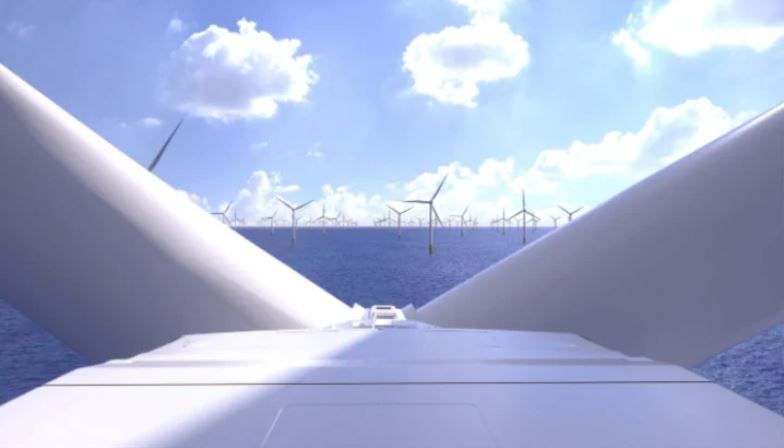The Federation of Small Businesses has accused certain energy suppliers of exploiting small firms through drastic increases in standing charges, with reports of fees skyrocketing up to 12 times.
The Federation of Small Businesses (FSB) has raised concerns over soaring standing charges imposed by some energy suppliers, alleging that these increases are contributing to inflated bills for small firms.
In response to a recent consultation by Ofgem on the standing charges system, FSB highlighted grievances from its members, citing alarming rises of up to 12-fold in fixed fees, irrespective of energy usage.
The FSB reported that an auto parts business in Dorset faced a 12-fold surge in standing charges, escalating from 70p to £9.69 per day over two years.
Similarly, a Highland tech firm experienced a significant spike from 32p to £7.50 per day, resulting in an annual increase of £2,500 in energy costs.
The FSB proposes greater transparency in suppliers’ standing charge calculations, exclusion of costs related to the supplier of last resort acquisition and collaborative efforts between Ofgem and energy suppliers to narrow the standing charge discrepancy between rural and urban areas.
FSB National Chair Martin McTague said: “Energy suppliers have some explaining to do on the sudden and dramatic hikes in standing charges, which become a regressive form of billing that hamper small business growth, confidence and investment.
“Even now that the wholesale energy prices have come down from the peak we saw in 2022, small businesses are still scratching their head over skyrocketing bills.
“While parts of the standing charges are being reinvested into green and energy efficiency measures, there’s little to no clarity on the cost make-up, and small businesses are forced to pay the increases with no options and explanations from their energy suppliers.”
An Ofgem spokesperson told Energy Live News: “We know that standing charges have provoked a huge amount of debate in recent months, with different balances to be struck, which is why we opened this call for input, and more than 40,000 people have responded to share their views.
“We’ve heard from businesses of all sizes and other non-domestic services ranging from church halls to sports centres that energy bills continue to be a crucial issue. We will now use these responses to inform how we approach this complex issue and set out next steps in due course.”












